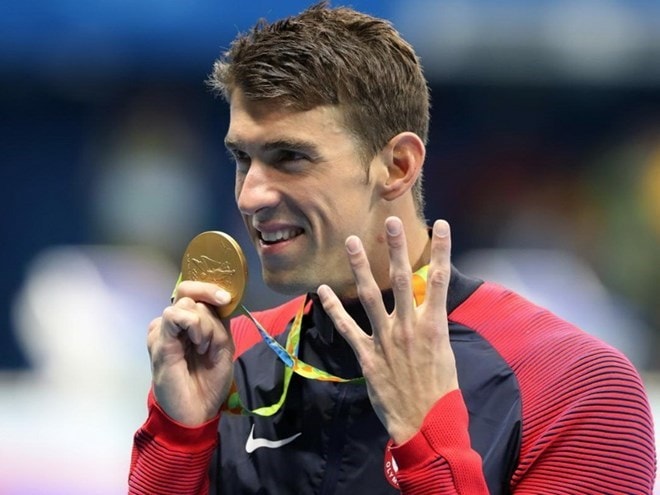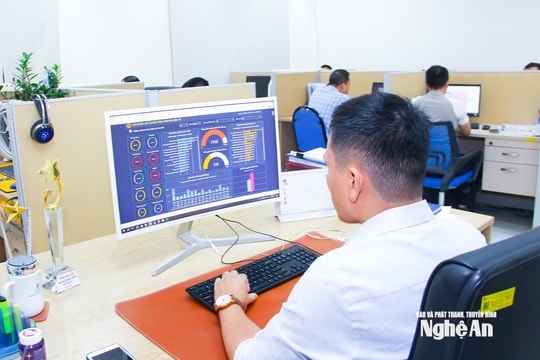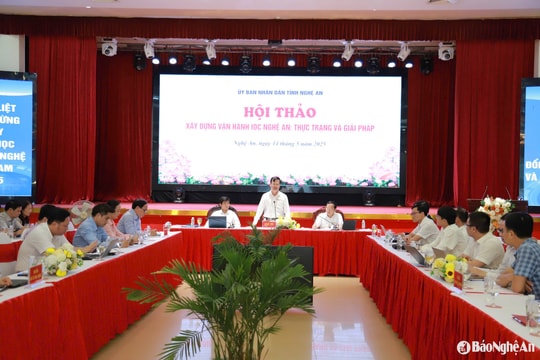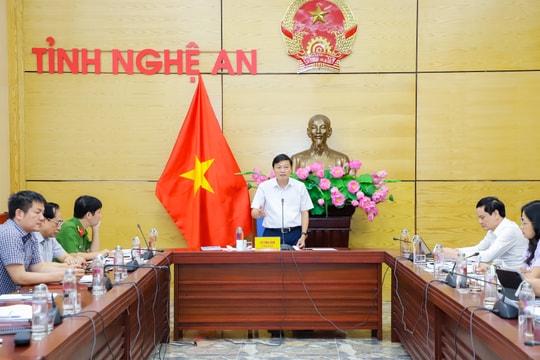How do companies 'circumvent' Olympic advertising copyright laws?
Olympic sponsors are spending tens of millions of dollars to get this advantage, but other advertisers are also trying to "get around it" by sponsoring individual athletes - a much more cost-effective way.
Under Armour is not an official sponsor of the Rio Olympics, but the company is associated with some of the most prestigious names in sports, such as Michael Phelps, Andy Murray in tennis, Jordan Speith in golf and Kelley O'Hara in soccer.
Instead of paying a large sum of money to sponsor Phelps's Olympic participation, the company cleverly used social media to connect them with the Olympian at a very low cost by using creative ways to congratulate the swimmer.
“What you do in the dark will bring you to the light,” read a tweet posted minutes after Phelps won his record 20th gold medal. Under Armour tagged Phelps in the post, along with its ‘Rule Yourself’ slogan, an American flag and a cheering emoji.
 |
| Michael Phelps is always in the sights of advertisers. (Source: Getty Images) |
At the Olympics, companies are now operating under newly relaxed sponsorship rules, passed after years of lobbying by athletes and their agents.
Under Armour doesn't pay a dime to the USOC or the IOC for these great promotional opportunities. The company isn't an official sponsor of the Olympics. That sponsorship has cost companies like Nike, Visa, and McDonald's tens of millions of dollars, including the rights to use the Olympic rings, the word 'Olympics,' and other intellectual property.
However, Under Armour's campaign does represent changes to the so-called Rule 40 regulation, which ends the promotional blackout during the games for companies that sponsor athletes rather than the Games.
Under Armour gained an estimated $200,000 in brand value from the brief moments NBC cameras captured the company’s logo on Phelps’s swim cap and jersey between competitions. But when Phelps walked up to the podium to accept his medal, viewers could only see the Nike logo.
However, Under Armour designs the uniforms of several strong Olympic teams, including the USA Gymnastics team, meaning its logo will appear whenever the team competes.
Phelps is the highest-profile athlete on Under Armour's roster. The company sponsors around 250 athletes—from celebrities to lesser-knowns—and has used a variety of creative tactics to connect its brand to the Olympics.
The clothing company rented a series of outdoor gyms along 80 kilometers of Rio's coastline to house advertising towers and hold daily workout sessions for fans during the Games. It also hosted VIP guests in a penthouse where they could meet its sponsored athletes.
Naturally, official sponsors have expressed concern that the rule change could damage their huge investments and are watching closely for signs of violations by other companies.
John Lewicki, who oversees global Olympic sponsorship deals for McDonald's Corp., said his company will use this year's Games to evaluate whether to continue signing other Olympic sponsorship deals in the future.
“I wouldn’t say we’re all happy about it,” Lewicki said. “If we find that Rule 40 is impacting the value of our sponsorship, we can always look at it and renegotiate it for future contracts.”
McDonald's current deal expires after the 2020 Tokyo Summer Olympics.
"The USOC relies on the support of its partners and always works to protect their Olympic rights, but at the same time, we also seek to expand opportunities for Team USA athletes," Lisa Baird, USOC marketing manager, said in a statement.
The IOC said in a statement that it takes the issue of 'ambush marketing' very seriously and will protect the exclusivity rights of Olympic sponsors.
"If there is an attempt to create an unauthorized commercial connection with the Olympic Games or the Olympic properties, we will respond quickly," the IOC said in a statement.
Before the rule change was approved last summer at the IOC meeting in Malaysia, athletes had long complained they were not getting enough commercial attention and income during their most marketable moments.
Companies that sponsor individual athletes or teams must submit promotional plans to the USOC or other national committees months in advance to ensure that their campaigns do not infringe on Olympic copyright.
To take advantage of Rule 40, athletes must find sponsors at least six months before the Games to allow time for brands to file for exemptions.
“As long as you don’t use Olympic intellectual property, like the five rings or the word ‘Olympics,’ you can still create something beautiful,” said Lowell Taub, head of sports marketing at CAA Sports, which has worked with Olympians like gymnast Gabby Douglas.
Top global sponsors spend around $25 million a year on rights, or around $100 million for a four-year period covering the Winter and Summer Olympics.
The IOC hopes to double the fee to $200 million for four years starting in 2021.
Under Armour, on the other hand, is likely to spend a much smaller amount. It has opted to sponsor national governing bodies—the bodies that oversee specific sports in various countries, such as USA Gymnastics, USA Boxing, Canadian Football, and beach volleyball in Switzerland and the Netherlands.
The company did not disclose how much it invested in its Olympics marketing campaign, but in a report it recorded a 14% increase in marketing expenses — from $107.6 million to $122.5 million — in the first quarter ended March 31 compared to the same period last year.
Peter Murray, Under Armour's vice president of sports marketing, doesn't rule out the possibility of the company becoming an official sponsor at some point.
"As we look to grow our brand and business globally outside the United States, the Olympics will continue to play a key role in that. We're really just getting started," Murray said.
According to Vietnamplus
| RELATED NEWS |
|---|



-3bd40682b2345d536fbbda05ce012404.jpg)

